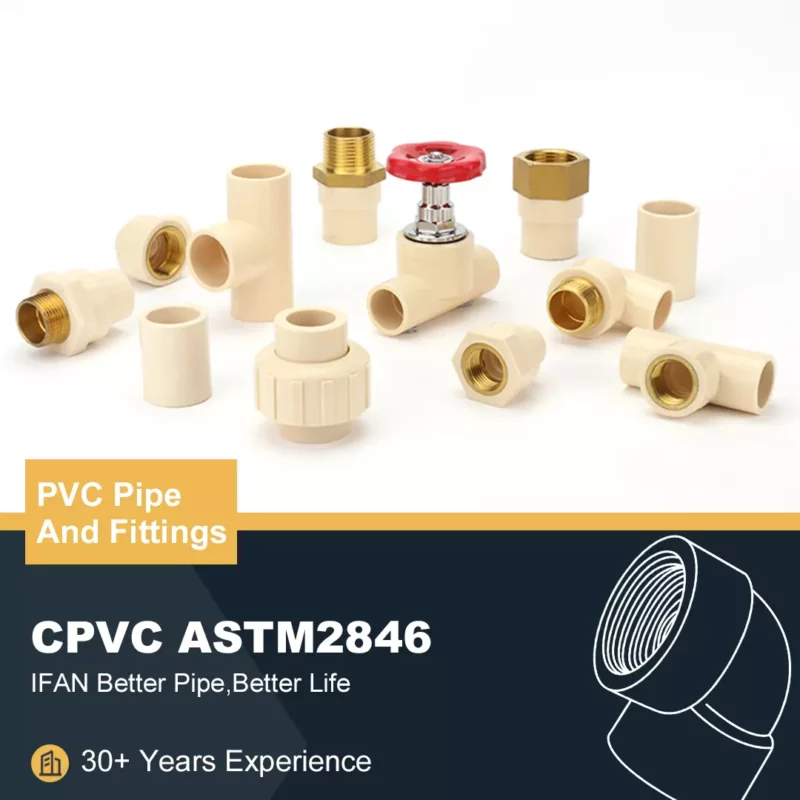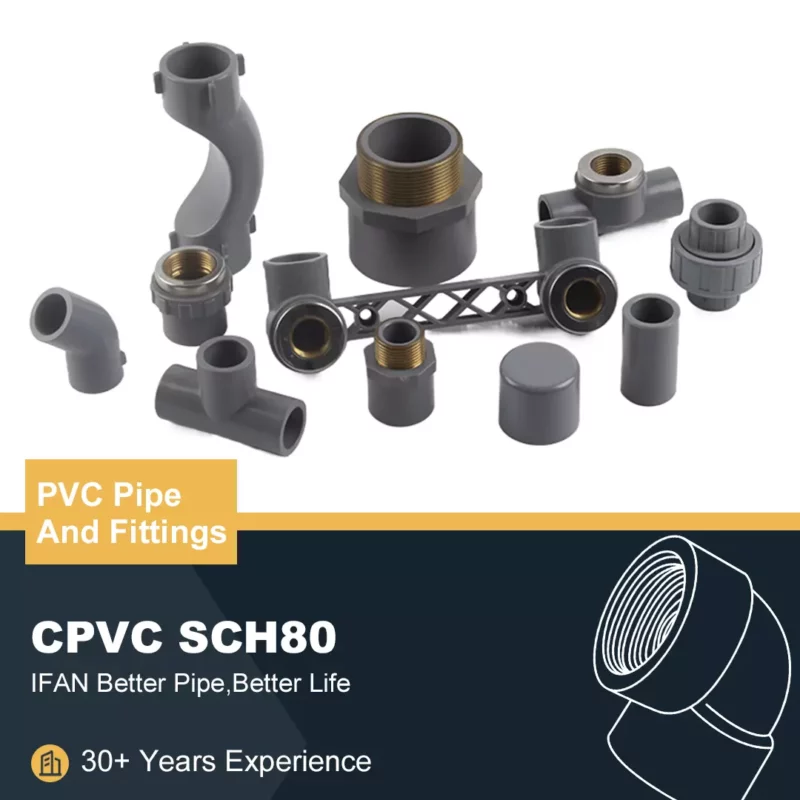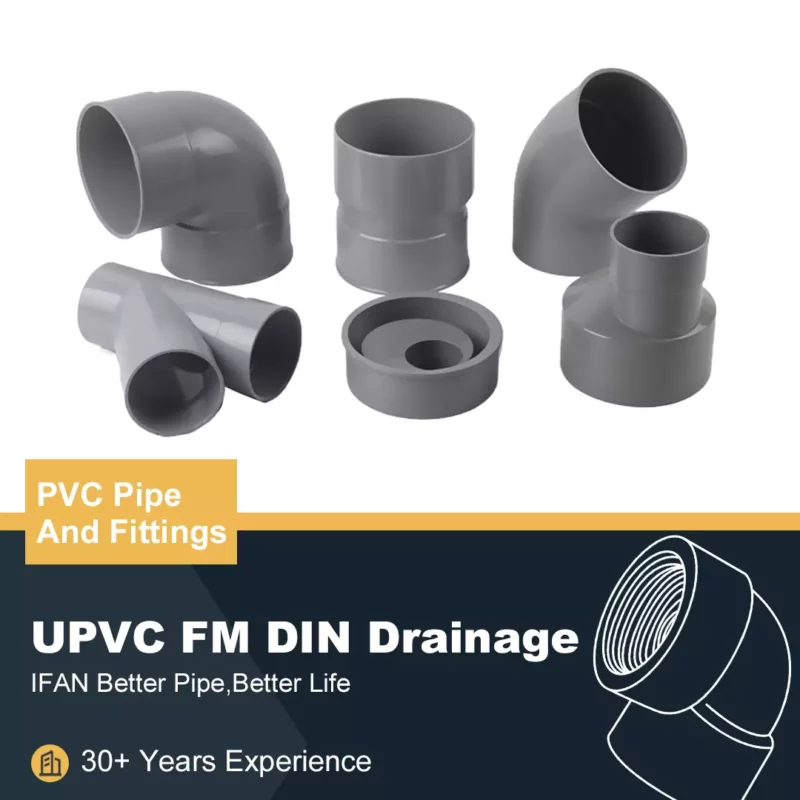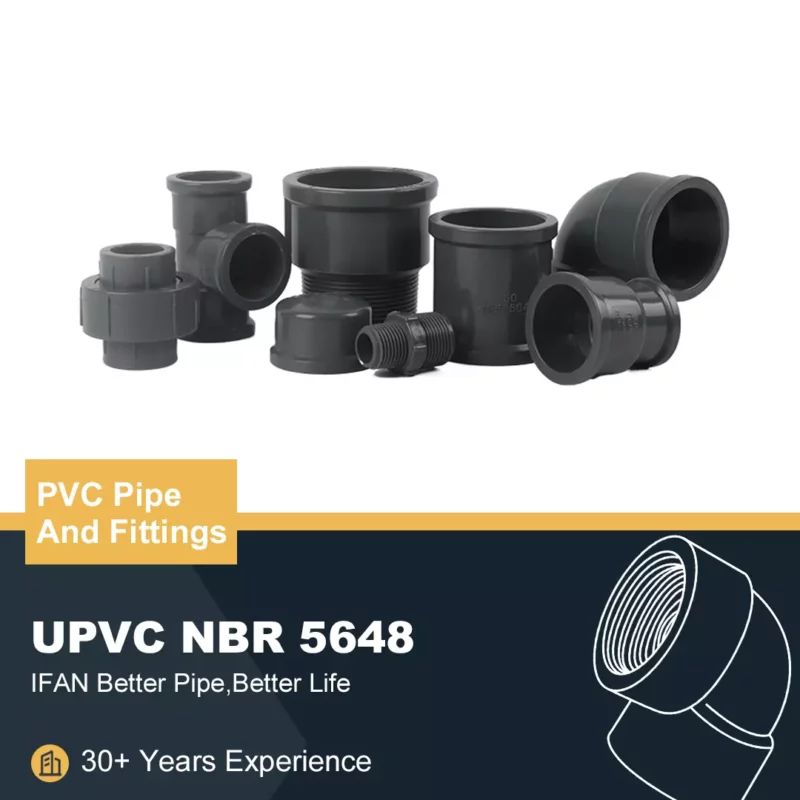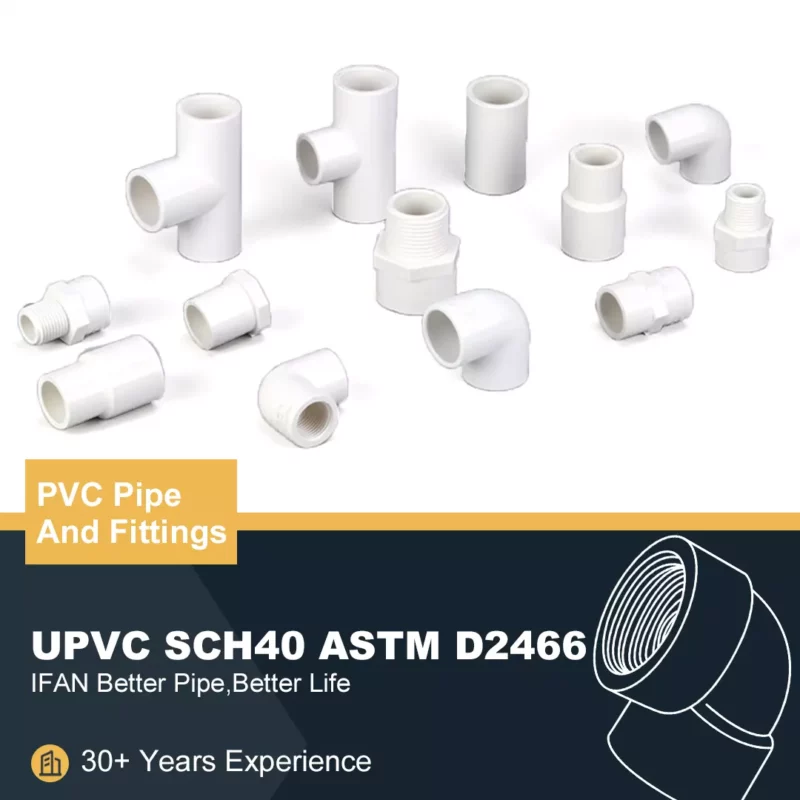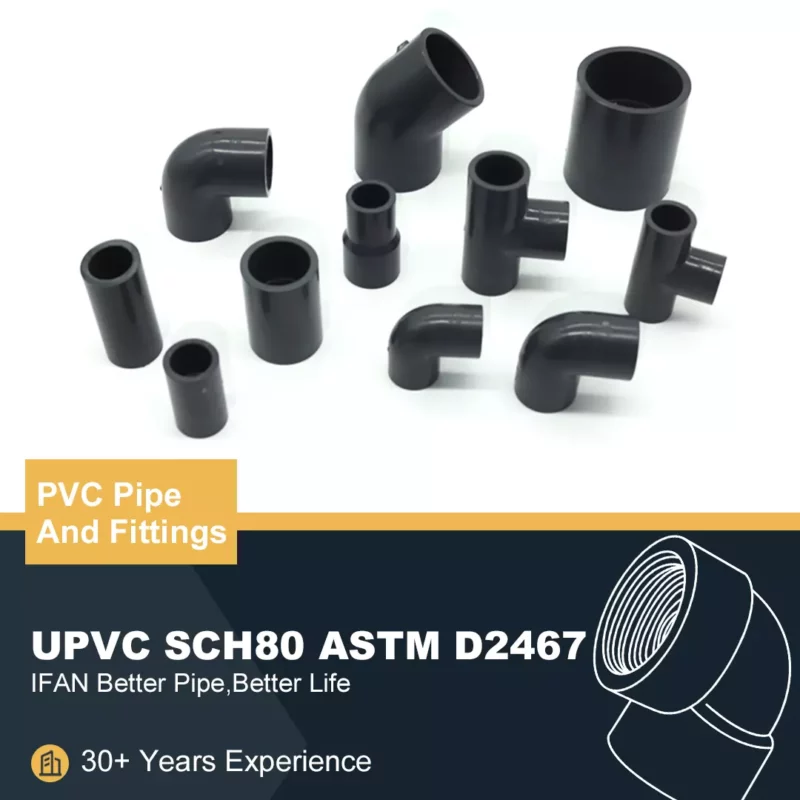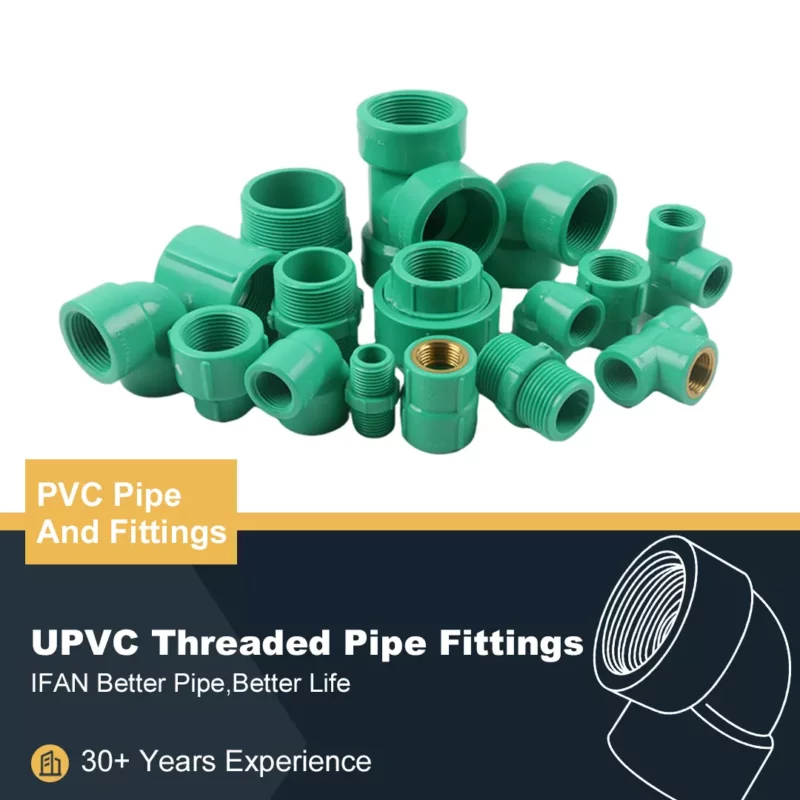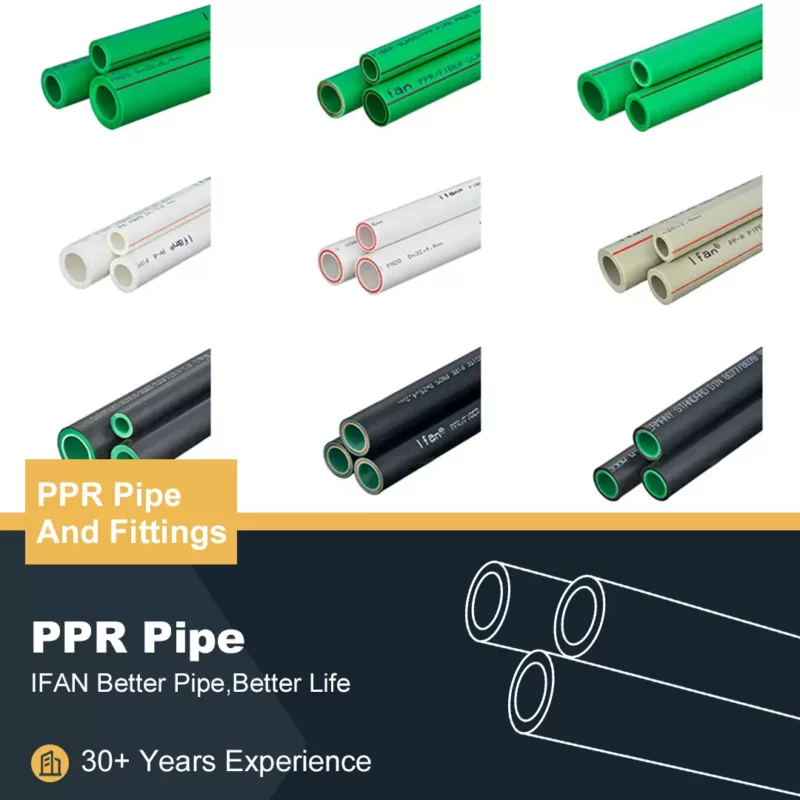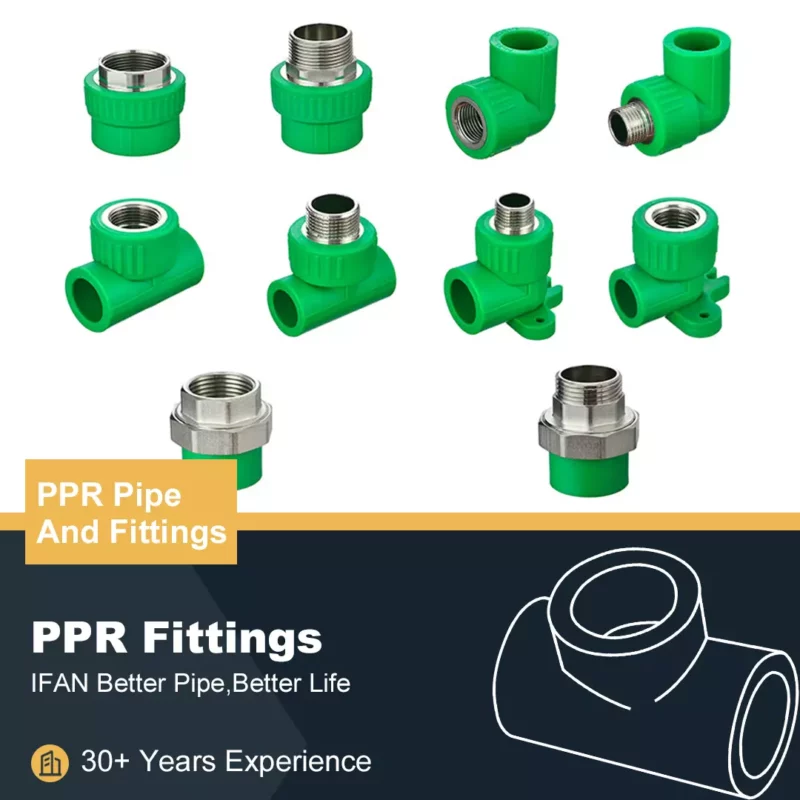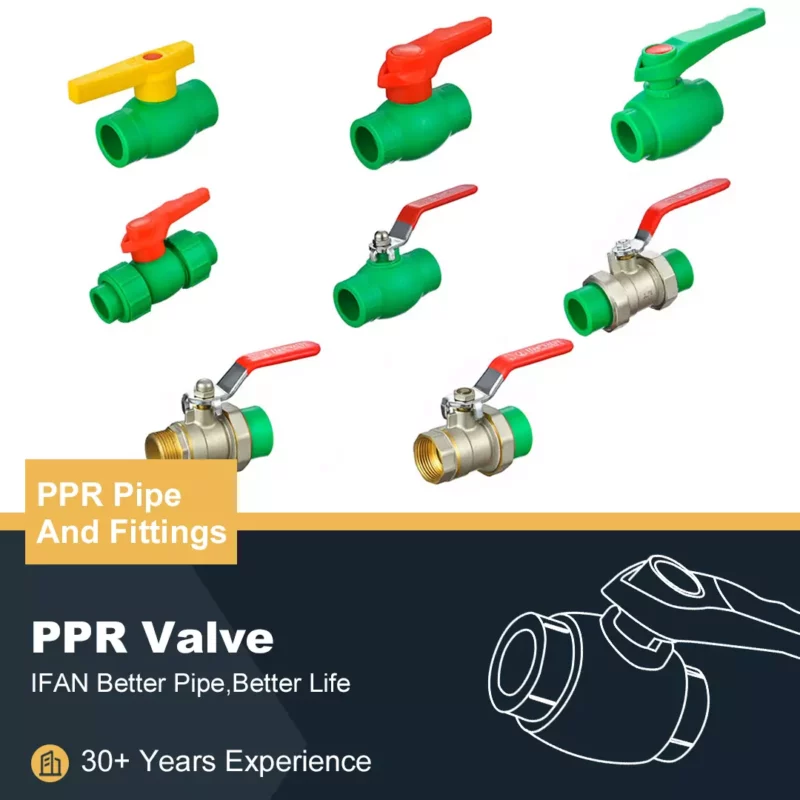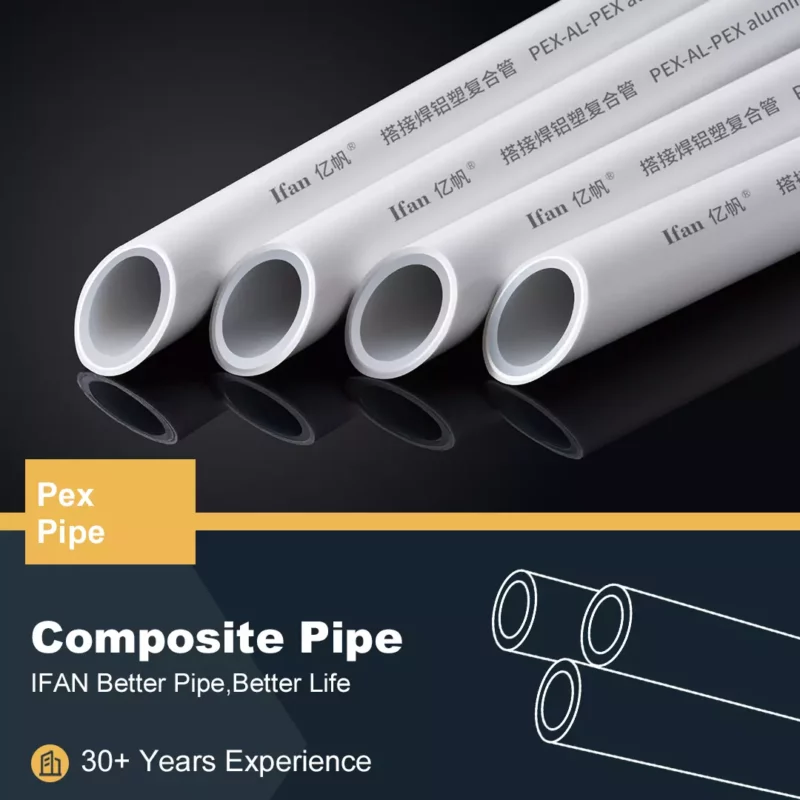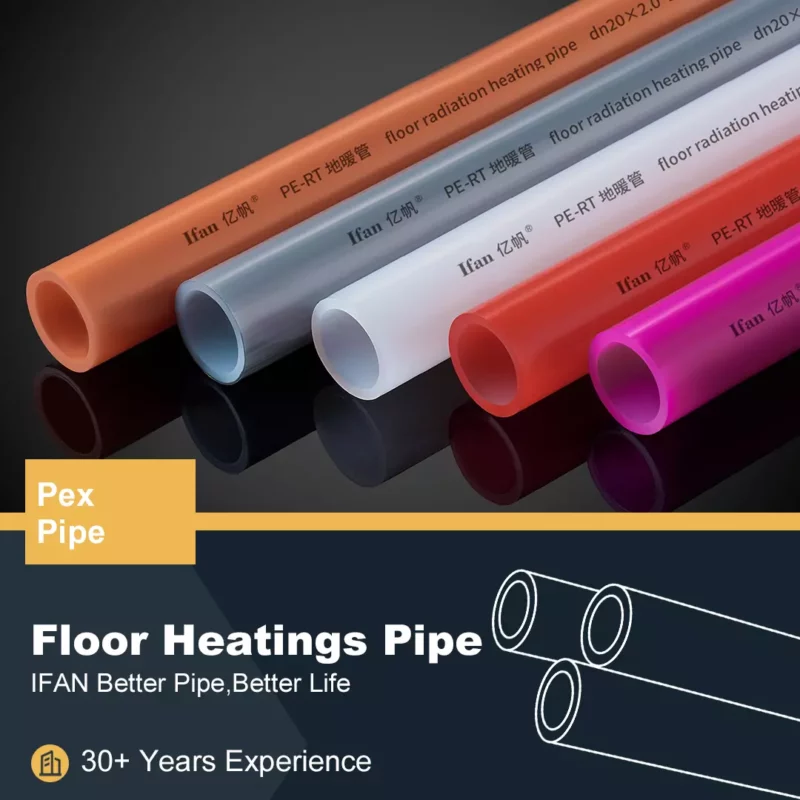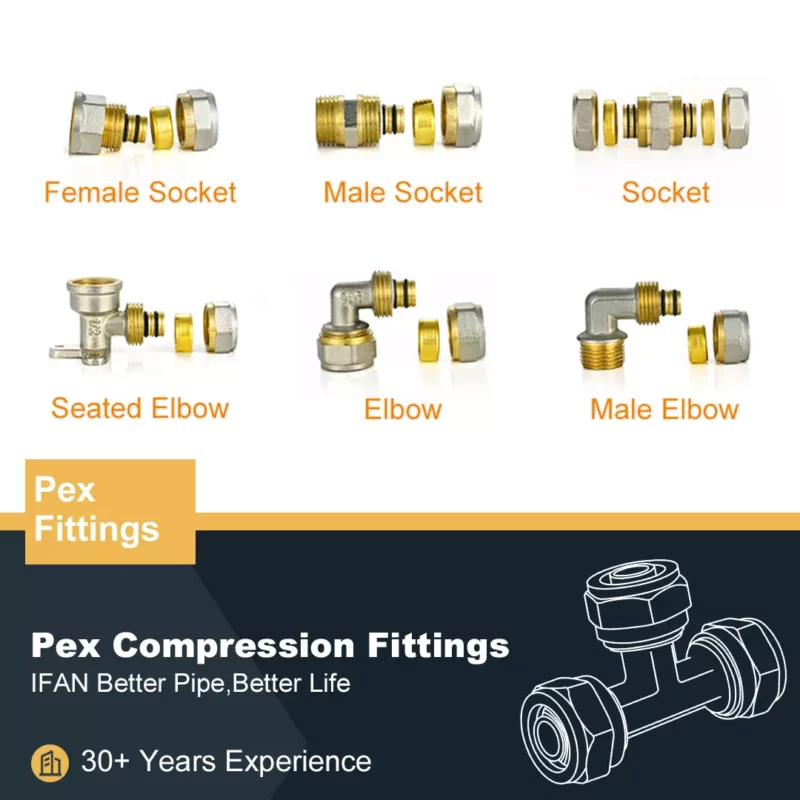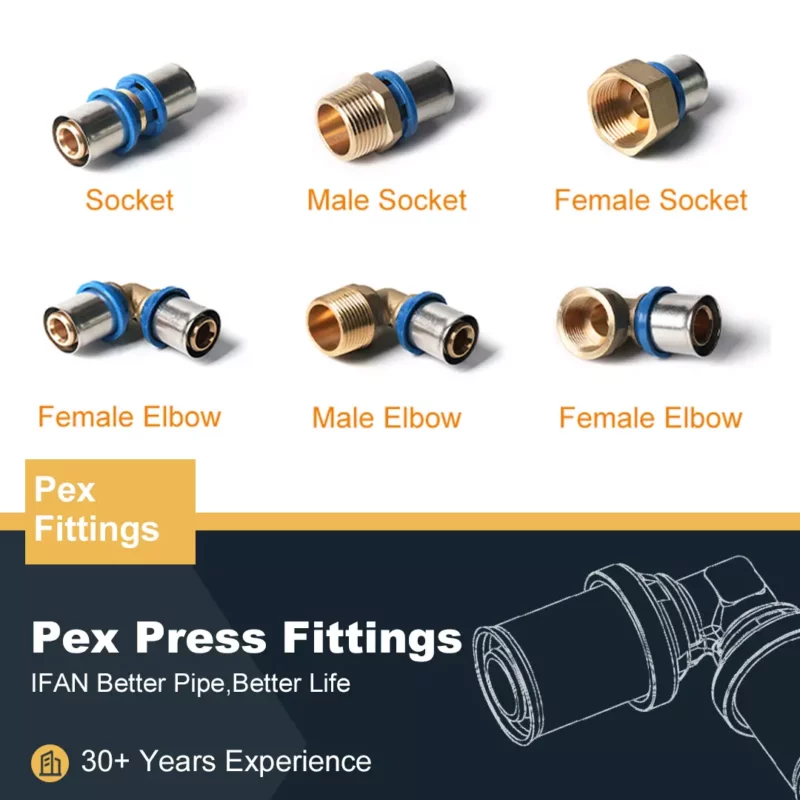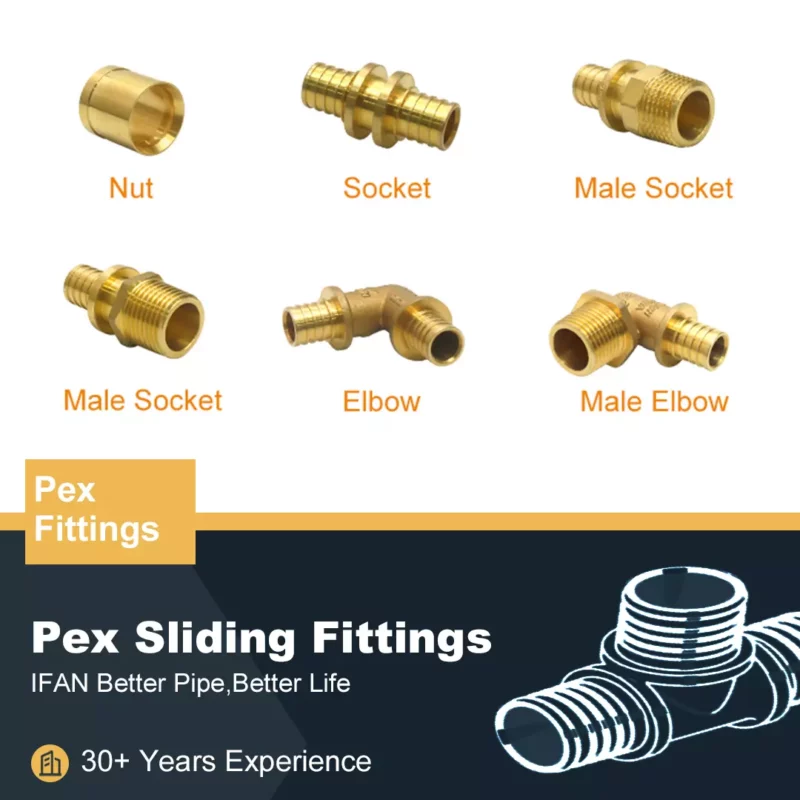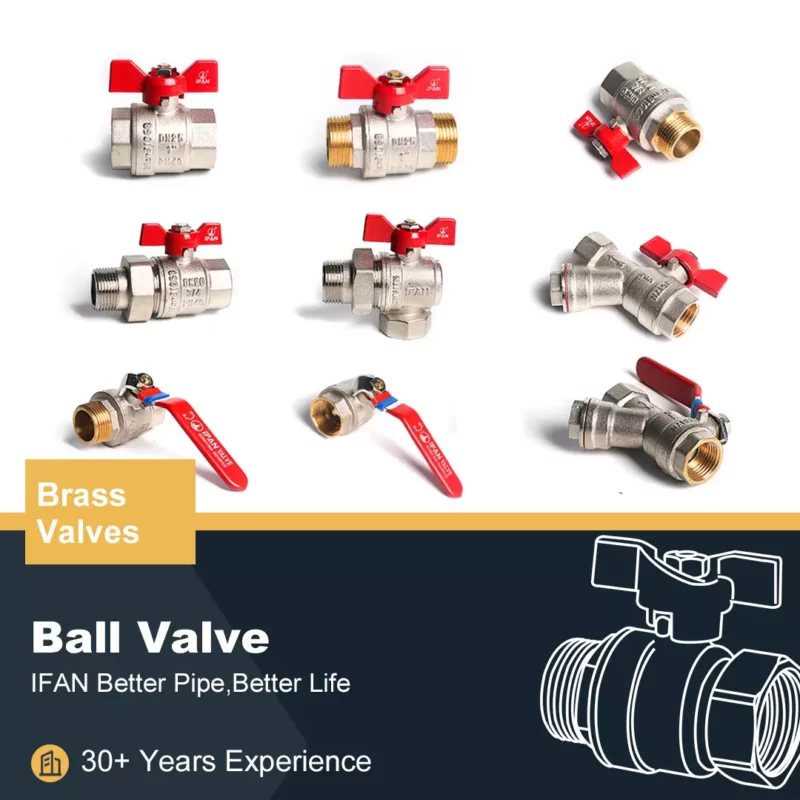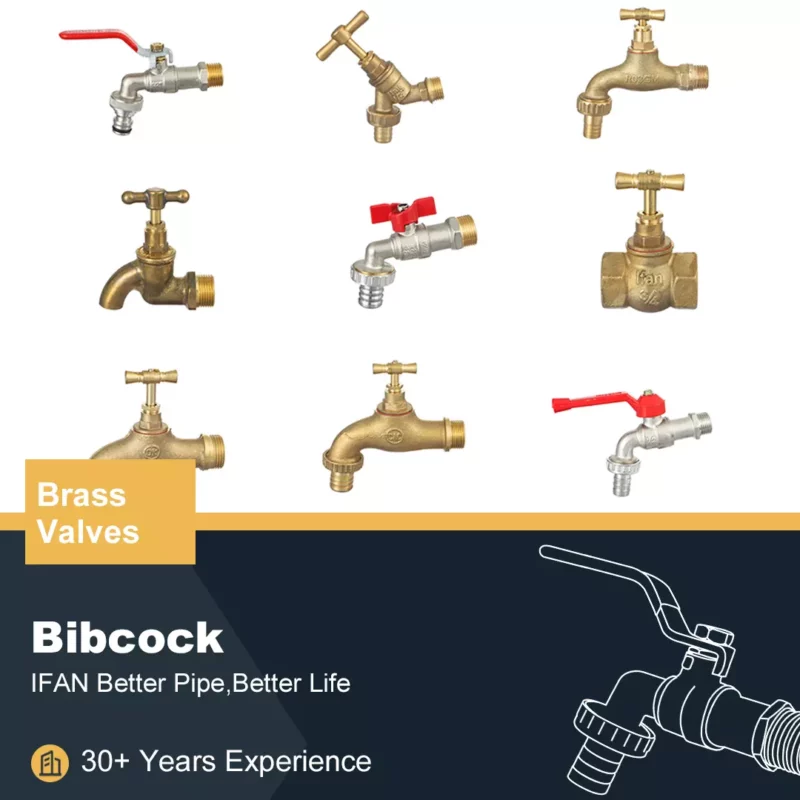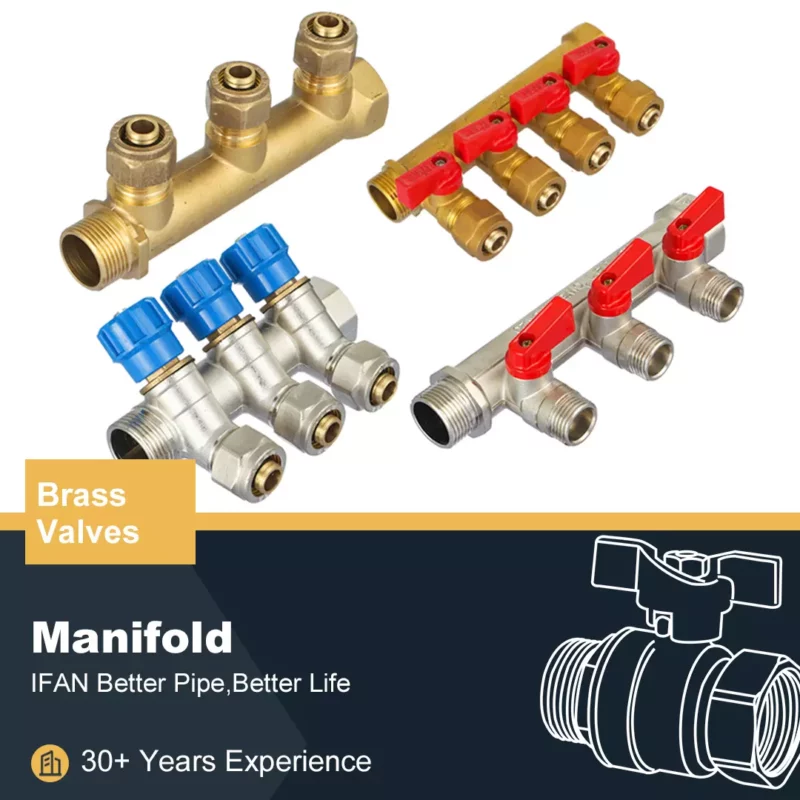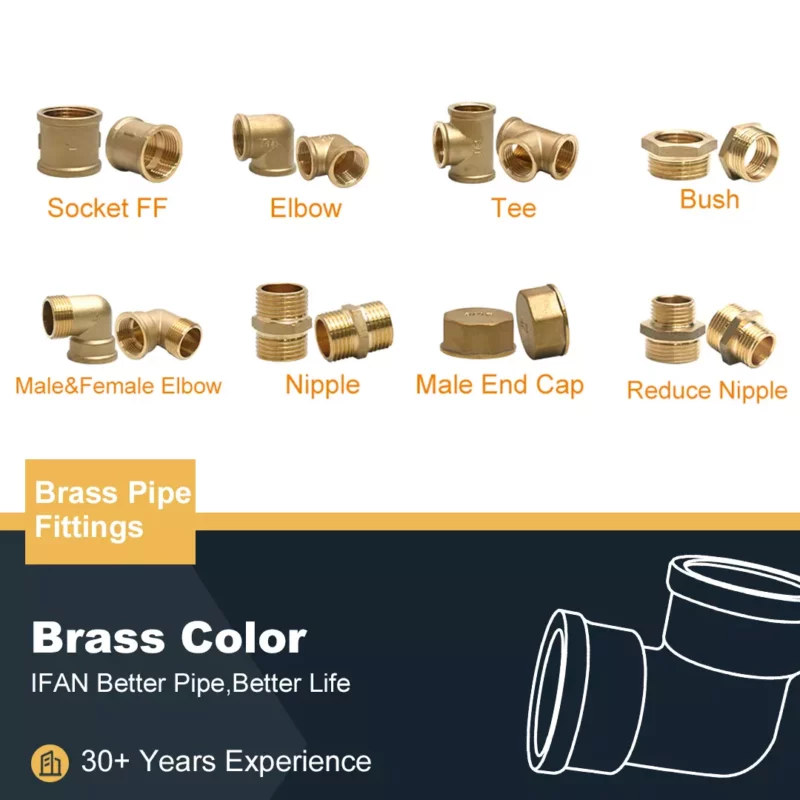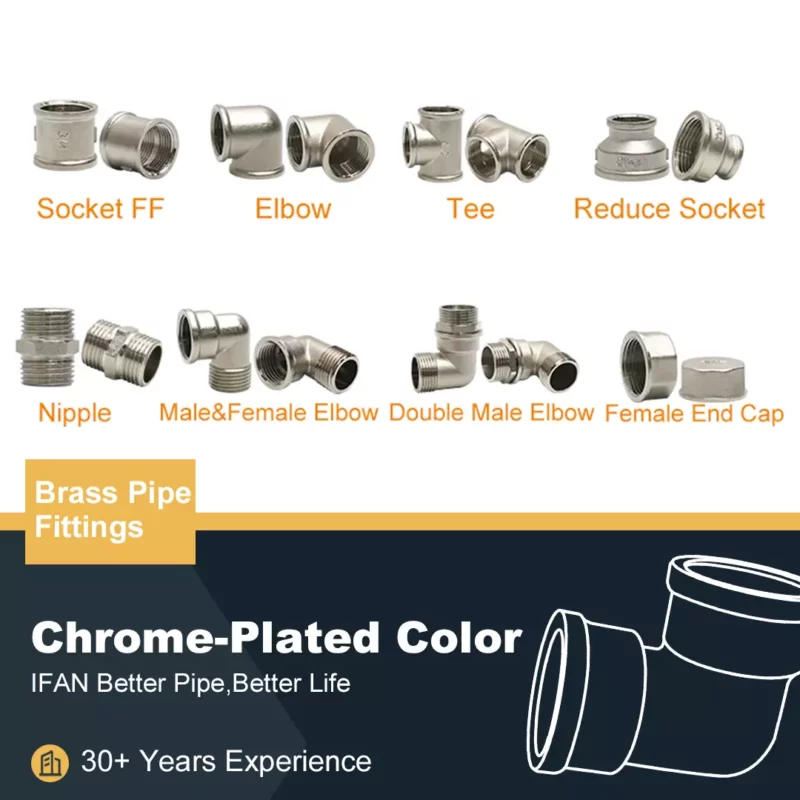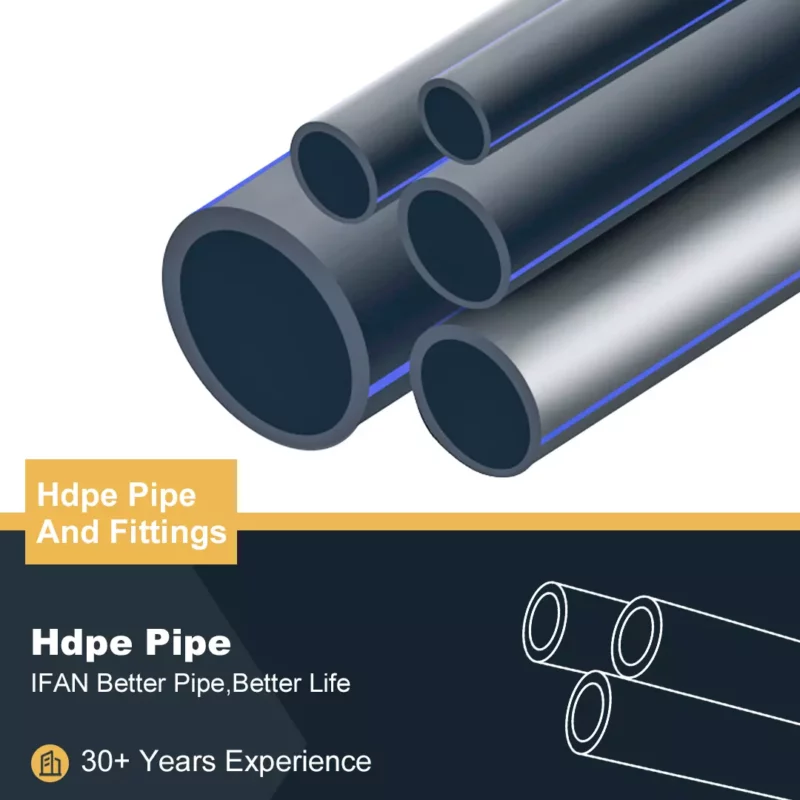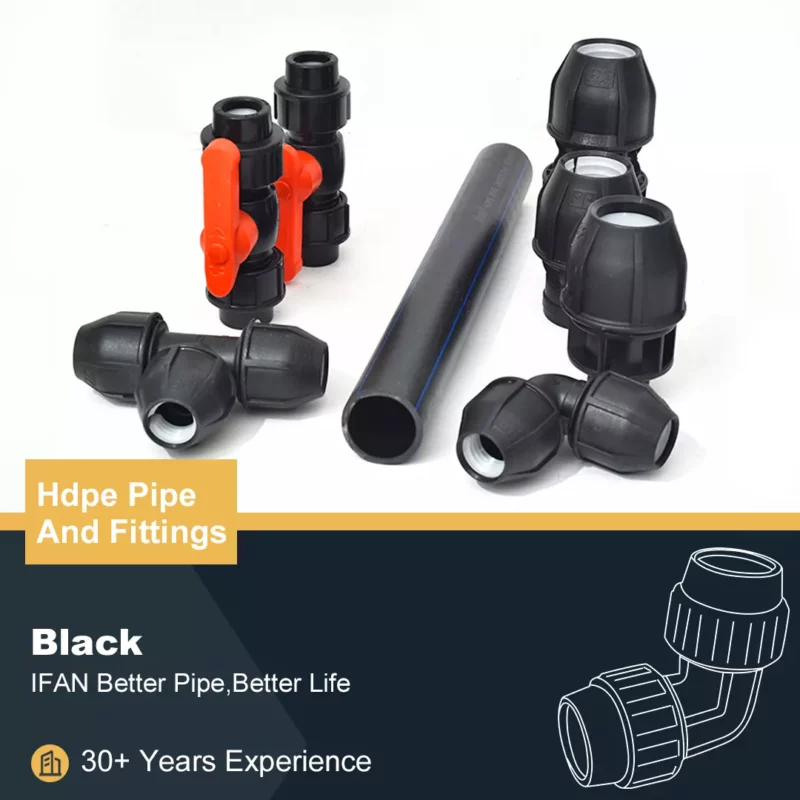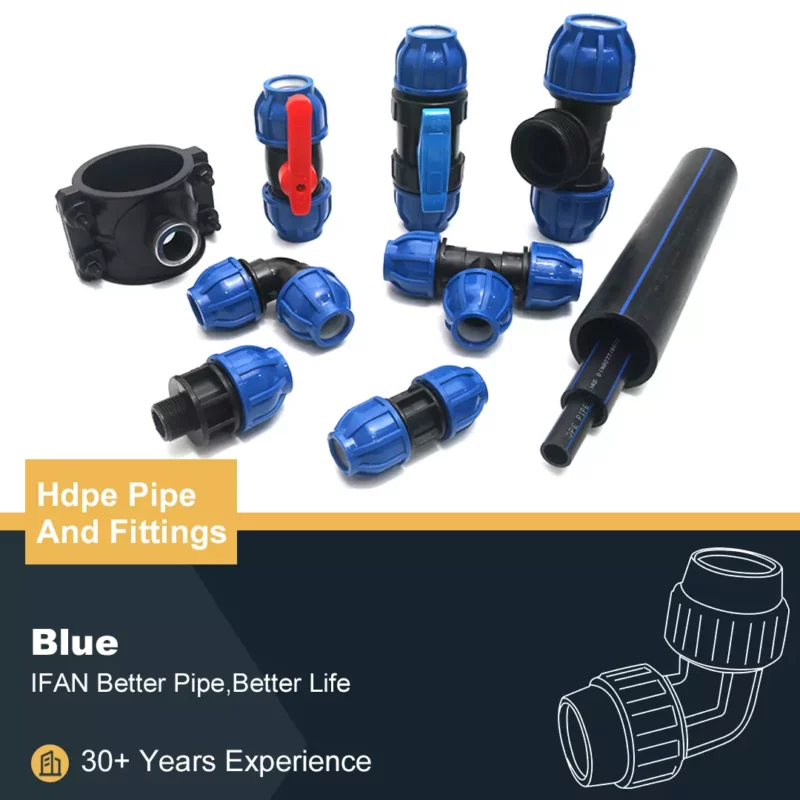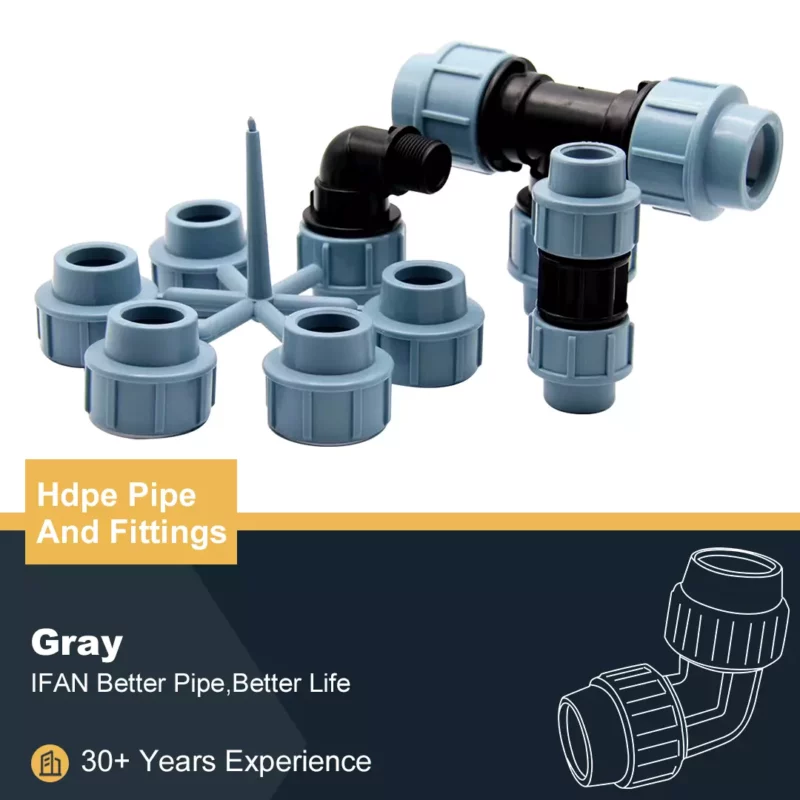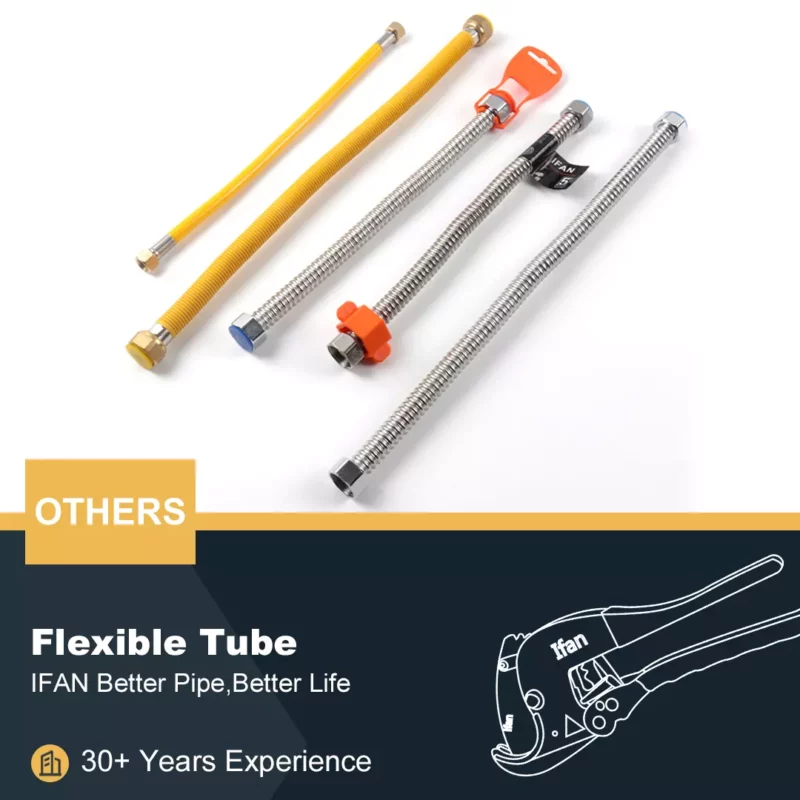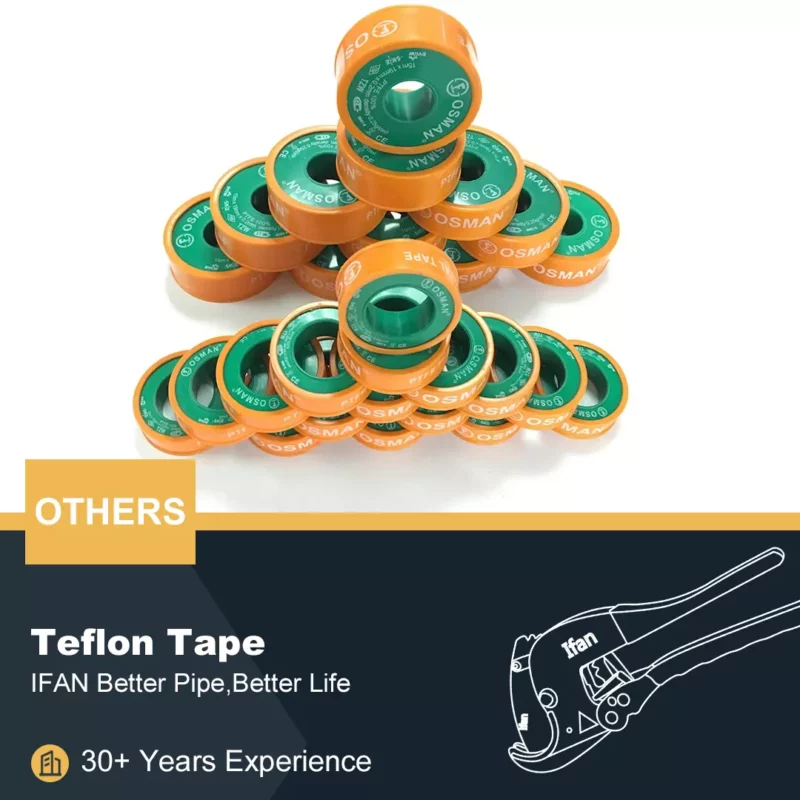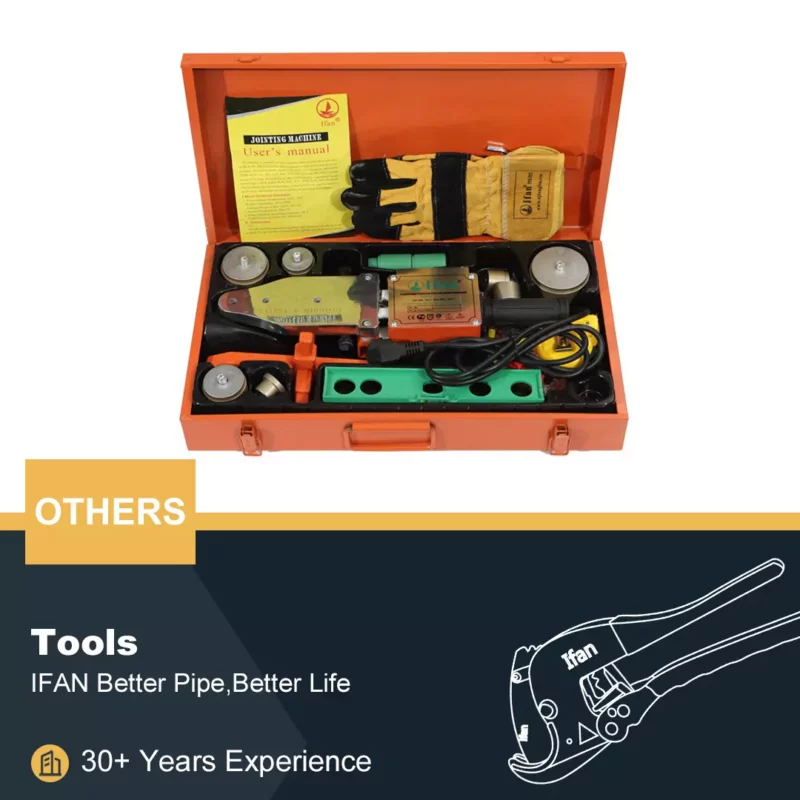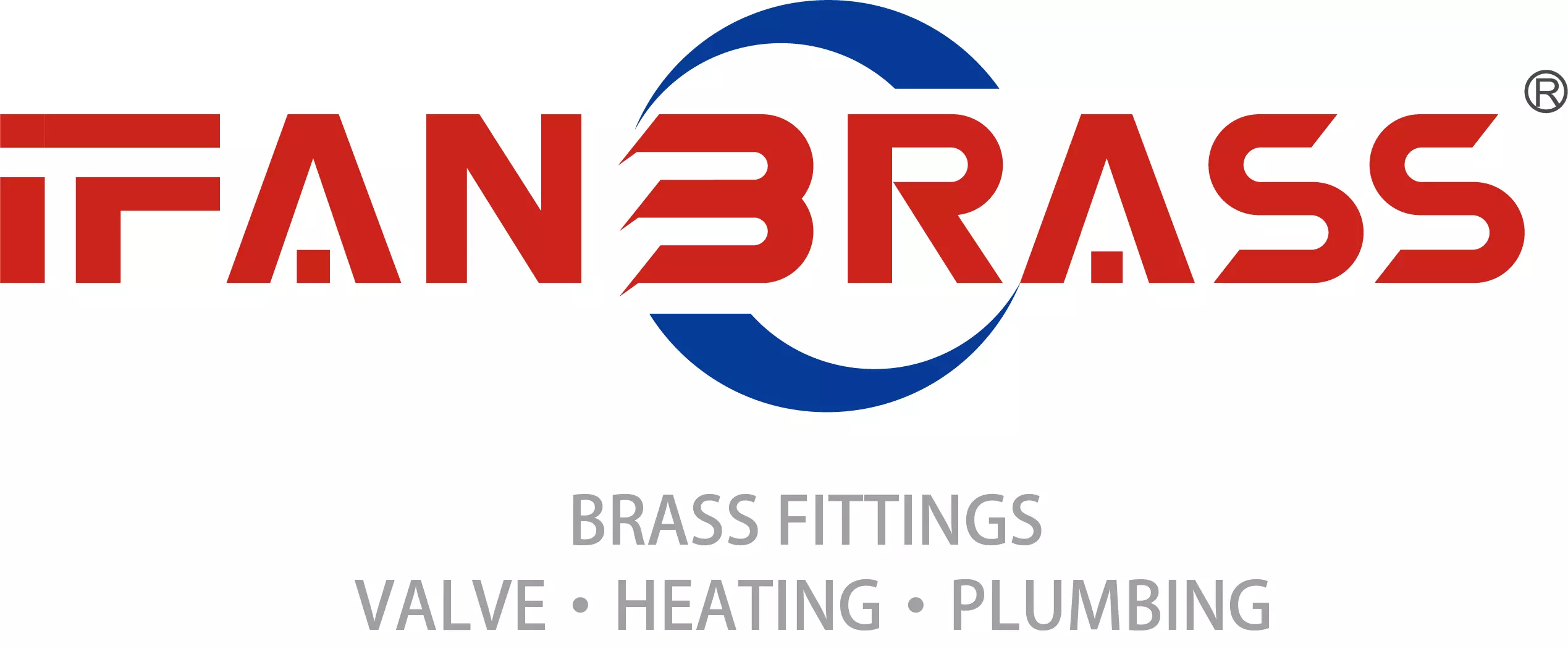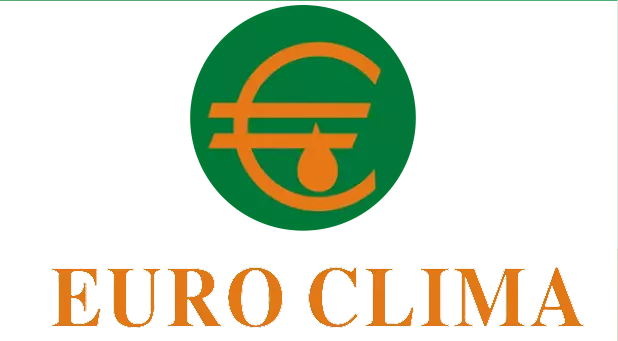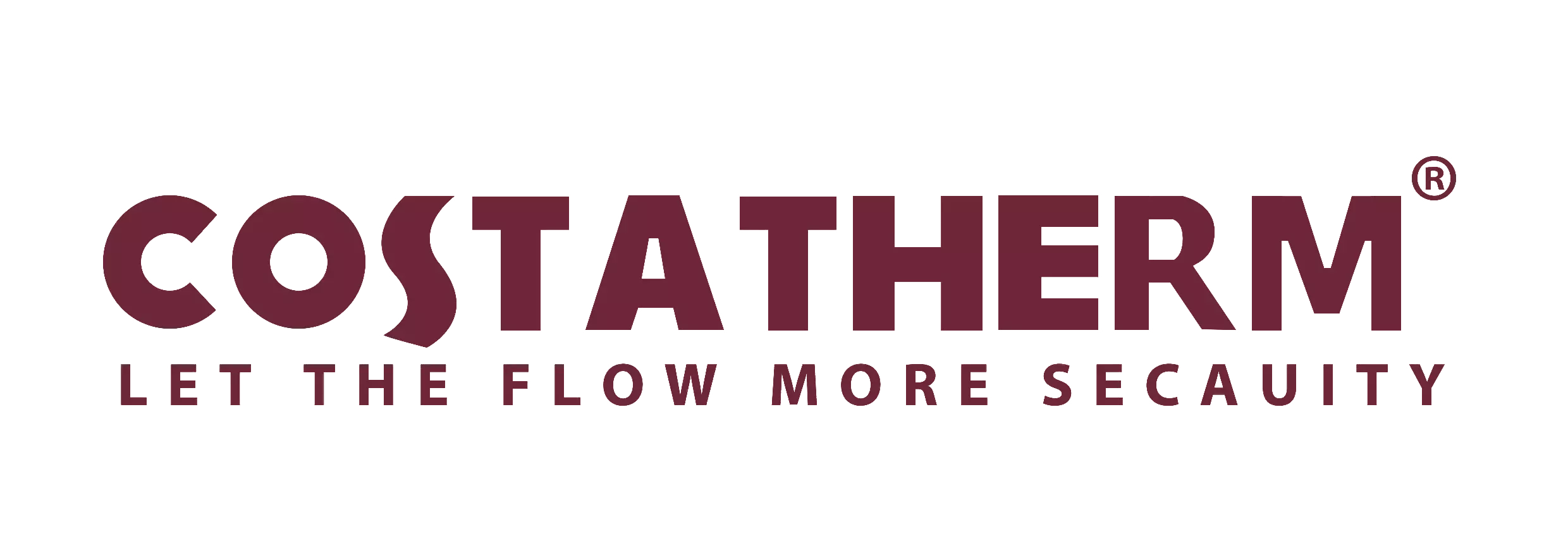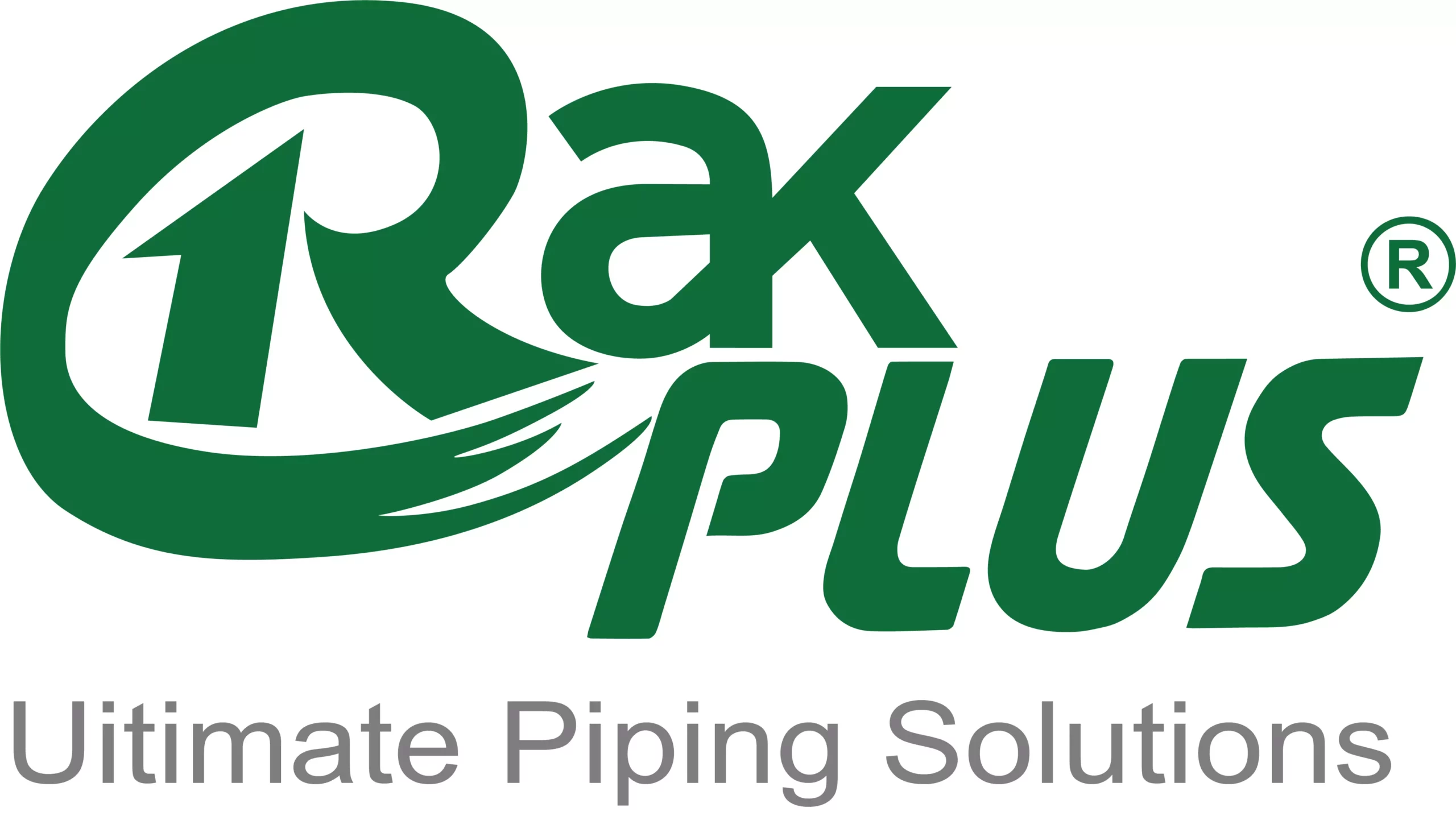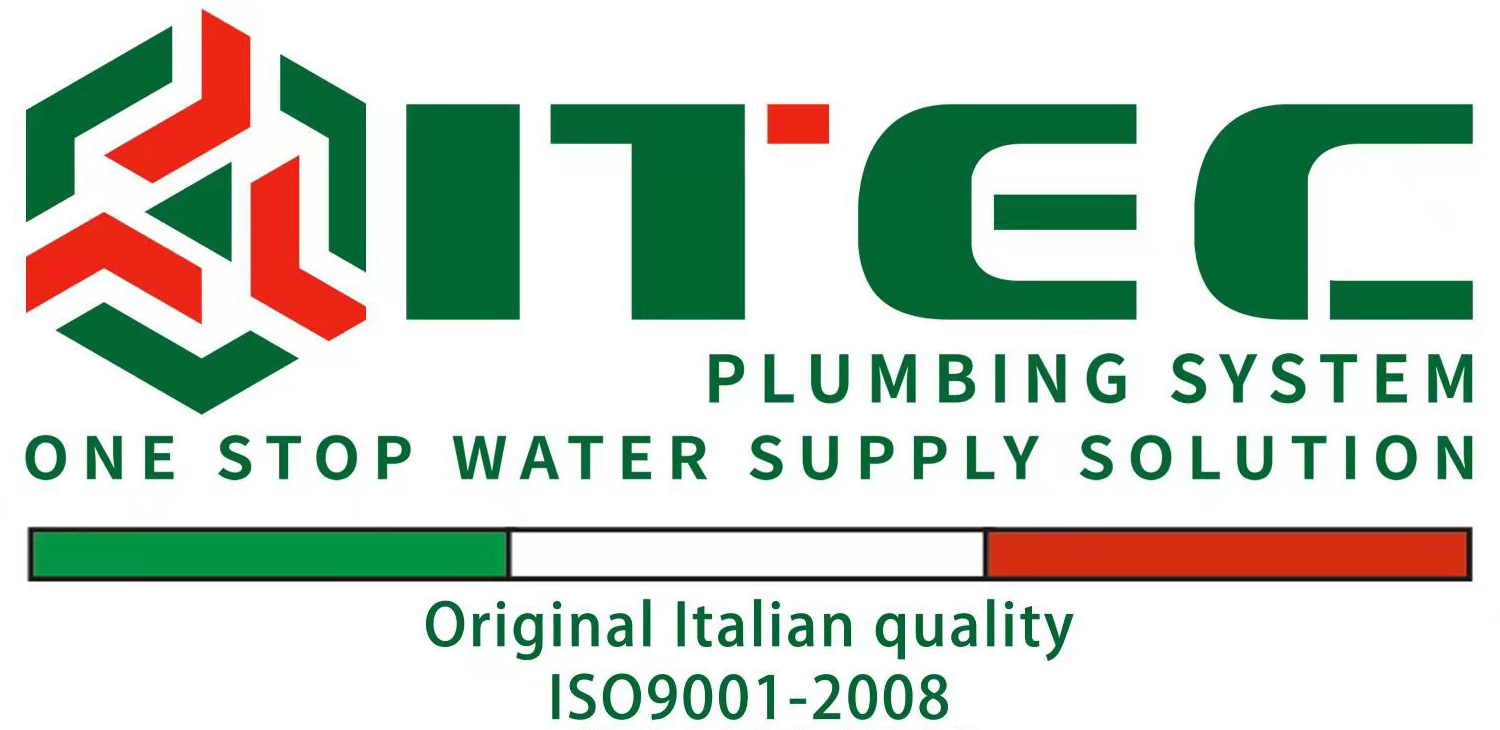UPVC (Unplasticized Polyvinyl Chloride) sockets are essential components in residential plumbing systems. These fittings provide reliable connections for pipes used in various applications, including water supply and drainage. This article explores the advantages, installation methods, and applications of UPVC sockets in home plumbing.
Advantages of UPVC Sockets
One significant advantage of them is their durability. Unlike metal fittings, UPVC is resistant to corrosion and rust. This property makes UPVC sockets ideal for long-term use in plumbing systems, ensuring they remain functional over time.
Additionally, UPVC sockets are lightweight and easy to handle. Their low weight simplifies transportation and installation, reducing labor costs for homeowners. Furthermore, UPVC fittings do not require special tools for installation, making them accessible for DIY enthusiasts.
Another key benefit is the cost-effectiveness of them. They are generally less expensive than metal counterparts. This affordability allows homeowners to save money without compromising on quality and performance in their plumbing systems.
Installation Process
Installing UPVC sockets is a straightforward process. First, gather the necessary tools and materials, including the UPVC socket, pipes, a pipe cutter, and solvent cement. Ensure that the pipe ends are clean and free of debris for a proper fit.
Begin by measuring and cutting the UPVC pipe to the desired length. Make sure the cut is straight for a secure connection. After cutting, deburr the edges to prevent any rough spots that could cause leaks.
Next, apply a solvent cement to both the socket and the pipe end. Insert the pipe into the socket, twisting slightly to ensure an even distribution of the cement. Hold the joint together for a few seconds to allow the cement to set. This simple installation process makes UPVC sockets popular among homeowners.
Applications in Water Supply Systems
UPVC sockets are widely used in residential water supply systems. They connect various pipes that transport clean water throughout the home. Their resistance to corrosion ensures that the water remains uncontaminated, making UPVC an excellent choice for drinking water lines.
For example, homeowners can use them to connect pipes leading to sinks, showers, and toilets. These fittings provide secure joints that prevent leaks and maintain water pressure. Additionally, UPVC sockets can be used in underground water supply lines, as they can withstand soil pressure and moisture.
Moreover, the smooth interior surface of UPVC pipes minimizes friction, allowing for efficient water flow. This feature is crucial for maintaining optimal water pressure in residential plumbing systems.
Applications in Drainage Systems
In addition to water supply, UPVC sockets are also vital in drainage systems. They help connect pipes that transport wastewater away from the home. The chemical resistance of UPVC makes it suitable for carrying a variety of waste materials.
For instance, UPVC sockets can be used to connect drain pipes from sinks and toilets to the main sewer line. Their ability to withstand harsh chemicals ensures that they remain functional, even in challenging environments.
Furthermore, the are ideal for vent pipes, which are crucial for maintaining proper air pressure in drainage systems. By facilitating the flow of air, these fittings help prevent blockages and maintain system efficiency.
Compatibility with Other Materials
UPVC sockets are compatible with various plumbing materials, including PVC and CPVC. This compatibility allows for flexible plumbing designs and easy integration into existing systems. For example, homeowners can connect UPVC sockets to PVC pipes during renovations or upgrades.
It is essential to use the appropriate adhesive and fittings when connecting different materials. Following manufacturer guidelines ensures that the connections are secure and leak-free. This versatility makes them an excellent choice for both new installations and repairs.
Maintenance and Longevity
UPVC sockets require minimal maintenance, contributing to their popularity in residential plumbing. Once installed, they can last for decades without significant wear or deterioration. Regular inspections can help identify any potential issues, but these fittings typically do not require frequent repairs.
In contrast to metal fittings, which may corrode or develop rust, UPVC sockets maintain their integrity over time. This durability is particularly beneficial in areas with hard water, where scale buildup can damage other materials.
If a fitting does develop a leak, repairs are straightforward. Homeowners can easily replace individual sockets without needing to replace entire sections of pipe. This ease of maintenance enhances the overall appeal of them in residential plumbing systems.
Cost-Effectiveness and Sustainability
UPVC sockets are a cost-effective option for homeowners looking to optimize their plumbing systems. The initial investment is lower than that of metal fittings, and their durability translates to fewer replacements over time. This long-term cost-saving makes UPVC an attractive choice for budget-conscious homeowners.
Moreover, UPVC is a more sustainable option compared to some traditional materials. It can be recycled and repurposed, reducing environmental impact. As homeowners increasingly seek eco-friendly solutions, the align well with these goals.
Using UPVC sockets can also contribute to energy savings. Their excellent insulation properties help maintain water temperature, reducing energy costs associated with heating water.
IFAN International Standard for PVC Tubing
IFAN’s PVC products adhere to a wide range of international standards, ensuring they meet the highest quality and performance criteria. These standards include BS 3505, BS 4346, ASTM D1785 SCH40, ASTM D1785 SCH80, DIN, GB, DWV, ASTM D2665, ASTM D2241, ASTM D2665, ASTM D2729, ASTM F441/F441M, ISO 1452 series, EN ISO 1452, DIN 8061/8062, GB/T 10002 series, AS/NZS 1477, JIS K6741, CSA B137.3, NSF/ANSI 14, and TIS 17-2532/1131-2535. Compliance with these standards ensures that IFAN’s PVC pipes and fittings deliver consistent
Conclusion
In conclusion, UPVC sockets play a crucial role in residential plumbing systems. Their durability, ease of installation, and cost-effectiveness make them an ideal choice for water supply and drainage applications. Additionally, their compatibility with various materials and minimal maintenance requirements further enhance their appeal.Homeowners can confidently use UPVC sockets in their plumbing projects, knowing they provide reliable and long-lasting connections. As the demand for efficient and sustainable plumbing solutions grows, UPVC sockets will continue to be a popular choice in residential applications.
If you have read this article and have any questions, please feel free to contact IFAN. Below is our contact information:
Whatsapp:+86 13373827623
Email:[email protected]


